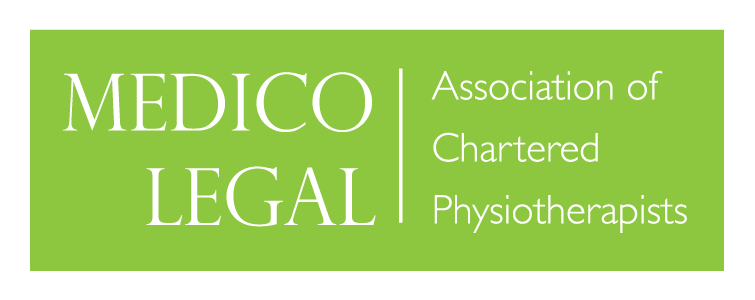
Lockdowns throughout the Covid-19 pandemic obviously led to long periods of inactivity with gyms and sports clubs closed, and sometimes limited opportunities to get out and maintain levels of fitness due to instructions being in place to stay safe at home.
Add all of that to the temptation to maybe overindulge on food and drink or sit in front of TV screens for too long in an attempt to brighten up the tedium of lockdown and furlough, and our bodies may have experienced a loss of muscle strength and certainly a reduction in overall fitness levels.
This all means that now Covid restrictions have been lifted and we all desperately want to get back to the sports we love, we are at a higher risk of injury.
Restarting training or drastically increasing activity levels now the opportunity presents can lead to a wide range of problems, and here Kevin Huffington, Clinical Director at Central Health, shares his top tips for preventing and treating common sport and exercise injuries.
‘Athletic detraining’, defined as ‘partial or complete loss of training-induced adaptation’ can happen to athletes of all levels, so when they restart &/or increase activity levels injury problems can easily occur.
Most injuries can be managed with appropriate physiotherapy and without the need for surgery. However, we should consider injury prevention techniques to try and avoid getting to that stage.
Don’t rush it
Seek advice from a qualified personal trainer or physiotherapist to check on your technique and training plan, re-familiarise yourself with exercise equipment, hone your fitness, and create a balanced routine that reduces the risk of injury.
Go back to basics
It’s understandable to want to hit the road running, but don’t forget to warm up and cool down properly before and after each exercise session and listen to your body during workouts.
Rest when muscles are fatigued to avoid overuse injuries.
Keep positive
If you do experience an injury setback, remember the body has an amazing ability to heal itself, given time and the correct treatment. Most injuries are easily treatable, short-lived and unlikely to have long-term repercussions.
And if you do suspect an injury…
Action the POLICE principle
Protect: At this stage, you want to avoid doing further damage, so rest the affected area or limb – but this doesn’t mean complete immobilisation. Interspersing periods of rest with time doing regular daily activities – sometimes known as ‘relative rest’ – provides the injured area with the movement it requires to aid recovery while still protecting it from further injury.
Optimise Loading: All tissues require some exposure to physical movement to stimulate the healing process – although it’s important not to overdo it, as you could end up causing further pain and swelling.
Ice: Apply a cold pack, either one commercially available, or try a bag of frozen peas wrapped in a thin towel. Ice reduces swelling and eases pain without the side effects of tablets. Avoid placing ice directly on your skin or over an area where the skin is damaged. Apply for a period of 5-15 minutes initially.
Compression: Try using compression supports, socks or bracing. Compression can help swelling and pain but be sure it’s not too tight.
Elevation: Elevate the compressed and iced area, as this aids rest and reduces swelling. At home or work, take regular rest breaks to elevate the injury on cushions or a chair.
If you are unable to put any weight on the affected limb, experience pain that keeps you awake at night, or fails to improve for a week or more, get your injury checked by a physio to rule out anything more serious.
The Police Principle is a modern and modified first aid method of treating musculoskeletal injuries. Traditionally, the first aid method of treating musculoskeletal injuries has been taught through the Mnemonic, R.I.C.E, (Rest, Ice, Compress, Elevate.) and P.R.I.C.E (Protection, Rest, Ice, Compress, Elevate).
And! Go and enjoy! Do get back into your sport after such a long time of lockdown restrictions, but please so safely by reducing the risk of injury and actioning the POLICE principle if you receive a ‘knock’.
If you do require advice on increasing activity levels, require maintenance therapies or of course need help to overcome injuries then Central Health has a large and highly qualified team of experienced Physiotherapists, Sports Massage Therapists and Podiatrists here and ready to help you with personalised advice and effective treatment options.

Blog compiled by Kevin Huffington, Clinical Director at Central Health






